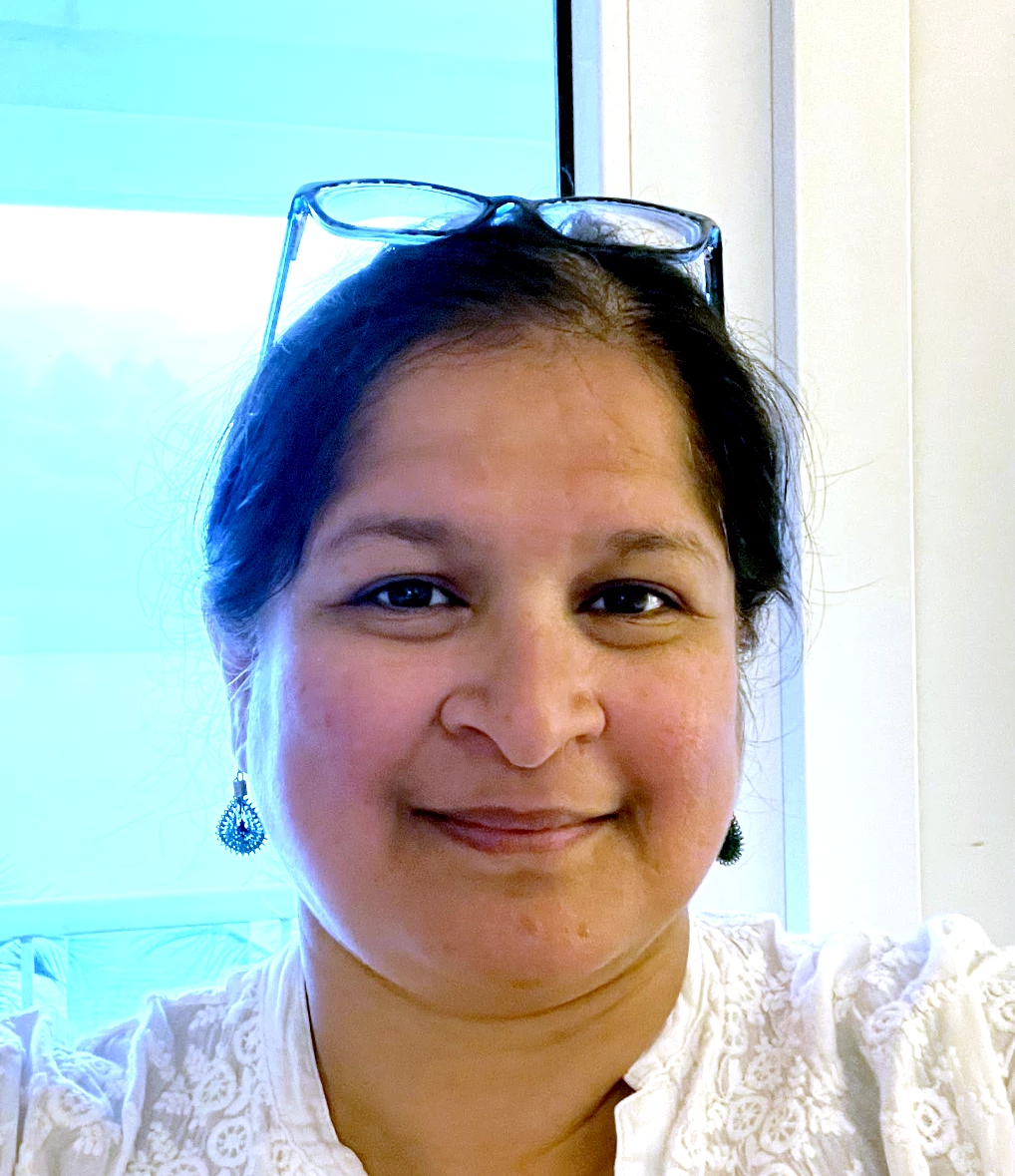 |
| Photo ©Simone D. McCourtie / World Bank |
Just eighteen days before Copenhagen, climate change was, not surprisingly, the central theme of Kerry’s remarks. While Kerry is a relatively recent advocate of climate action, his commitment to pushing climate change legislation in the U.S. was very evident, as was his grasp of the complexities of global action on the climate front.
“America needs to signal to the world that it is serious,” he said, in step with one of the main messages of the World Bank’s World Development Report 2010: Development and Climate Change, which calls upon rich countries to take the lead in reducing their carbon footprints and providing the funds for low-carbon technologies to be deployed in developing countries. Listing recent US achievements, he said that the country was committed to progress and that Copenhagen was vital.
Kerry referred to “energy poverty”— the lack of access to electricity faced by millions in the developing world—as a challenge interlocked with climate change. “No citizen of the developing world should be held back by lack of access to electricity,” he said, acknowledging, however, that the world was hurtling toward what he described as catastrophic and irreversible climate change.
“Solving energy poverty using old paradigms is a short-term bargain and a dangerous one,” Kerry said, stressing the need to find solutions that address both goals. “With its funding and intellectual leadership, the Bank can play a profoundly important role in shifting the balance toward climate solutions,” he said, listing several actions as critical for the Bank.
According to Kerry, these actions include finding alternatives to big coal-fired power plants in middle-income countries, as well as supporting low-carbon energy projects in low-income countries. A coal plant without the technology to capture and store carbon was not a clean energy project, he said, and should not be funded as one. Also, all World Bank projects should have carbon accounting, he argued, expressing the view that the “real cost” of coal plants was consistently underestimated, as the impact on climate was not included.
Kerry cited examples of the kinds of technologies that could become “game changers”. Non-geological sequestration of coal flue gas by its transformation into calcium carbonate for use in construction was one such technology, he noted. He also said the World Bank could act as one of the “principal catalysts” for technology, as it was already doing in Bangladesh, where by 2012 over a million households will have solar home systems to provide hot water.
He recognized that there were exceptions, such as in Africa, which he noted had the same amount of installed electricity as Spain—with twenty-three times more people. “I recognize that there will be some exceptions for the poorest countries whose small fraction of global emissions will not make the crucial difference. But increasingly, these must be the exceptions, and not the rule,” Kerry said.
Kerry made his speech, rather tellingly, on an unseasonably warm November day in Washington.


Join the Conversation